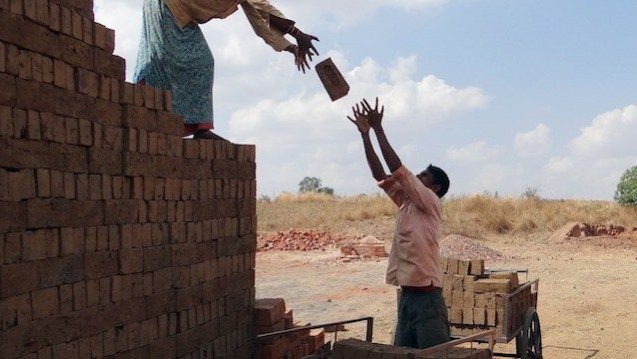
Stella
I wake to the sound of pounding. My mother is pounding groundnuts. She’s singing, her song keeping time with her...
read more
A new forum of human trafficking survivors and NGOs has come together to launch the Indian Leadership Forum Against Trafficking, demanding that their voices be heard in the fight against modern slavery.
According to National Crime Records Bureau (NCRB) data, there were 2,854 reported cases of human trafficking across India. This included 1,657 people who were trafficked for forced labour, 1,275 for sexual exploitation, 113 into domestic servitude, and 240 into forced marriage.
ILFAT has 2000 members and representation in 8 Indian states, and the forum aims to make survivors key stakeholders in decision-making on human trafficking policy.
One woman who was trafficked for sexual exploitation, Priya (not her real name), explained that “Trafficking victims get rescued, but they are left alone after that. We don’t get any support, from the police or government after that. I was shifted to a shelter home, but even there I did not get any help for my condition. I had gone into a state of mental trauma. Later I got some phylactic help, but that came very late. Now with the medication and counselling, I am trying to move forward in life.”
The India Times reports on the 4 demands ILFAT is making of the Indian government:
ILFAT also pointed to the difficulty survivors face in accessing justice and the abysmally low conviction rate.
“If you look at the number of convictions, especially in child trafficking cases, it is almost none. That is because the victims are often trafficked from one state to another. And after they are rescued they are sent back to their home states, while the case is filed where they were trafficked to,” explained Suresh Kumar, Executive Director, Centre DIRECT, a Bihar-based NGO working with child trafficking victims.
“In most cases, the victims do not get the court summons or do not have the means to travel all the way to the court to depose.”
Credit: Freedom United , 20 November 2019.